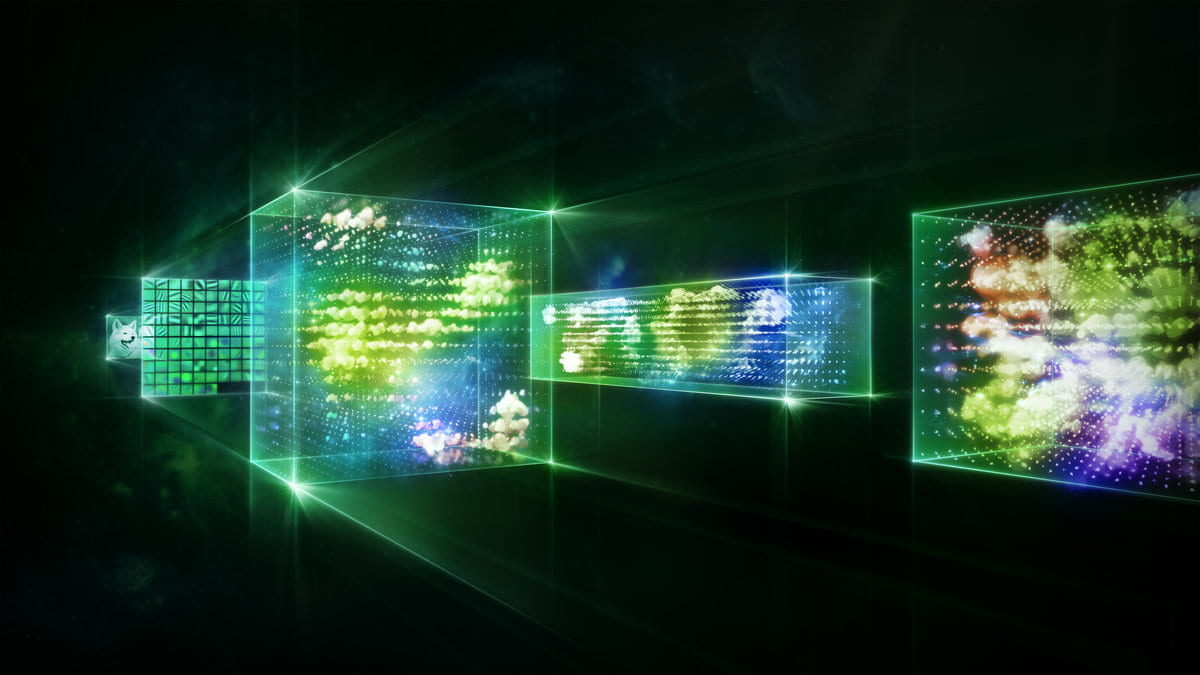Code to Scale
Research Issues
Learning and using directives for parallel platforms; Migrating legacy code to GPUs and co-processors using high-level parallel programming models; Parallelizing irregular algorithms on massively parallel processors; Exploring Repeatability and Reproducibility issues.
Research Areas
Programming models, benchmarking, software and tools, performance analysis, profiling, compiler/runtime, memory optimization, interdisciplinary science, reproducibility
Skills
Programming Models such as OpenMP, OpenACC, MPI, Julia, Python among others, Compiler, Computing, AI, Large Language Models (LLM)
Majors Preparation and Interests
- CS: AI, machine learning, parallel programming, computer architecture
- CE: computer hardware, AI security, AI acceleration
Any major where students are interested in computational science would benefit from VIP-HPC
Projects
- Benchmarking HPC applications on large HPC systems
- Benchmarking MLPerf applications on large HPC systems
- Explore applicability of programming models on HPC projects
- Exploring energy efficiency and power consumption for HPC applications
- Exploring energy efficiency and power consumption of AI models
- Automating writing of tests for programming models, using LLMs
Key Elements
High Performance Computing, Parallel Computing, Parallel Programming Models, Hardware Architectures, Portability, Scalability, Performance, Repeatability and Reproducibility.
Goals
High Performance Computing is a field that enables scientific advancement of real-world applications by effectively utilizing computing resources with the help of software and tools. The goal of this VIP team is to build the next generation workforce on high performance computing, training them on hpc, software engineering skills and help them apply the skills learnt on problems.
Results
Matt Stack, Paul Macklin, Robert Searles, Sunita Chandrasekaran, Jeffrey C. Carver, and Karla Morris. 2022. OpenACC Acceleration of an Agent-Based Biological Simulation Framework. Computing in Science and Engg. 24, 5 (Sept.-Oct. 2022), 53–63.
Wright, E., Ferrato, M. H., Bryer, A. J., Searles, R., Perilla, J. R., & Chandrasekaran, S. (2020). Accelerating prediction of chemical shift of protein structures on GPUs: Using OpenACC. PLoS computational biology, 16(5), e1007877.
Munley, Christian, Aaron Jarmusch, and Sunita Chandrasekaran. “LLM4VV: Developing LLM-driven testsuite for compiler validation.” Future Generation Computer Systems (FGCS) Volume 160, November 2024, Pages 1-13 (2024).
Faculty
Sunita Chandrasekaran, Phd, CISC, schandra@udel.edu
Stephen Siegel, Phd, CISC
Rudolf Eigenmann, Phd, Professor, ECE, eigenman@udel.edu


